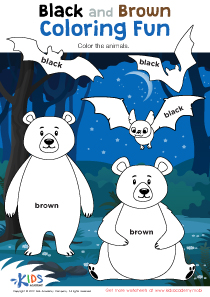Writing practice English for Beginners Worksheets for Ages 5-9
13 filtered results
-
From - To
Boost your child's English writing skills with our fun and engaging "Writing Practice English for Beginners Worksheets" designed for ages 5-9. These worksheets help young learners build a strong foundation in writing by providing a variety of activities that focus on letters, words, and simple sentences. Perfect for kids learning English as a second language, these printable resources cover essential writing skills in enjoyable and easy-to-follow exercises. Each worksheet is crafted to enhance vocabulary, grammar, and handwriting, helping children gain confidence and improve their writing abilities in a supportive and interactive way. Start transforming learning into a fun-filled adventure today!


Letter A Tracing Page
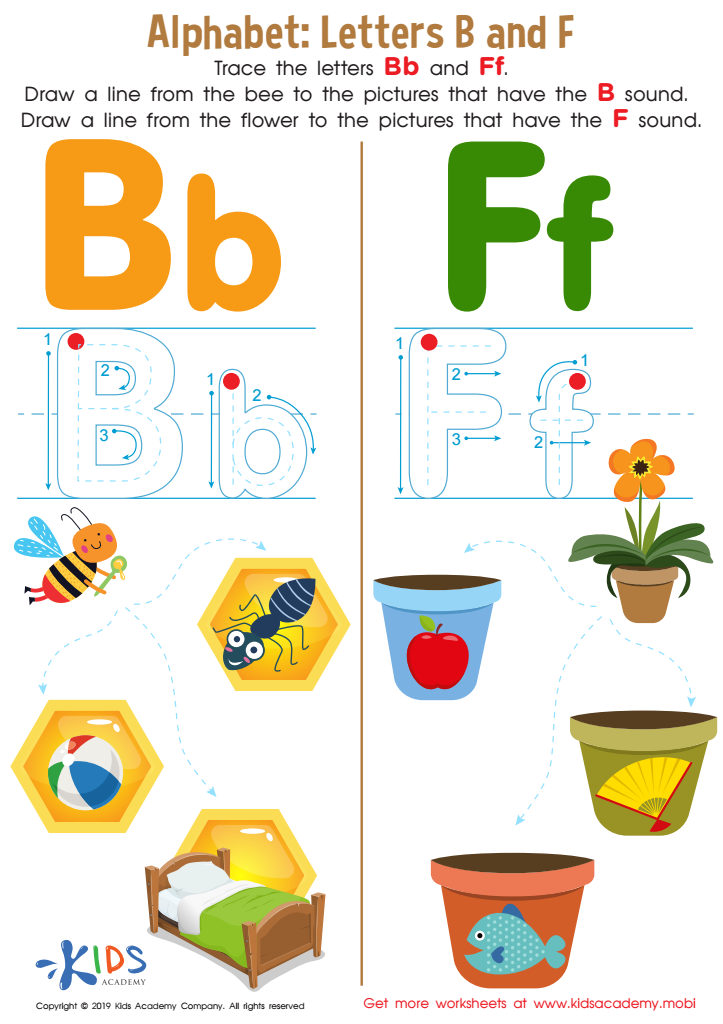

Letters B and F Tracing Worksheet
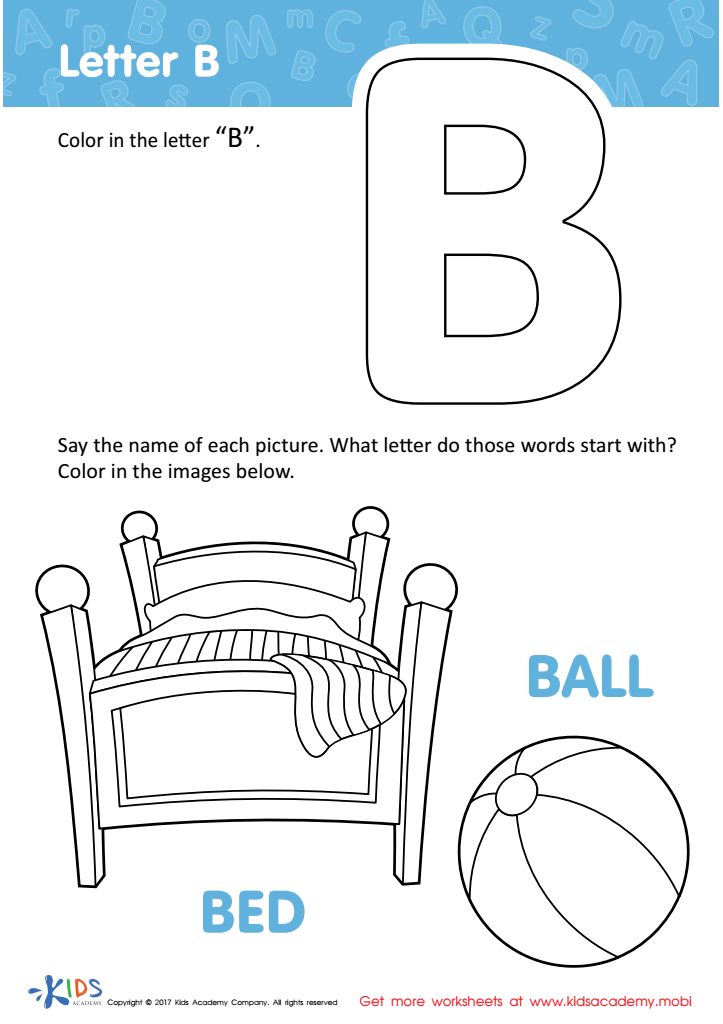

Letter B Coloring Sheet


Letter A Coloring Sheet


Letter H Tracing Page
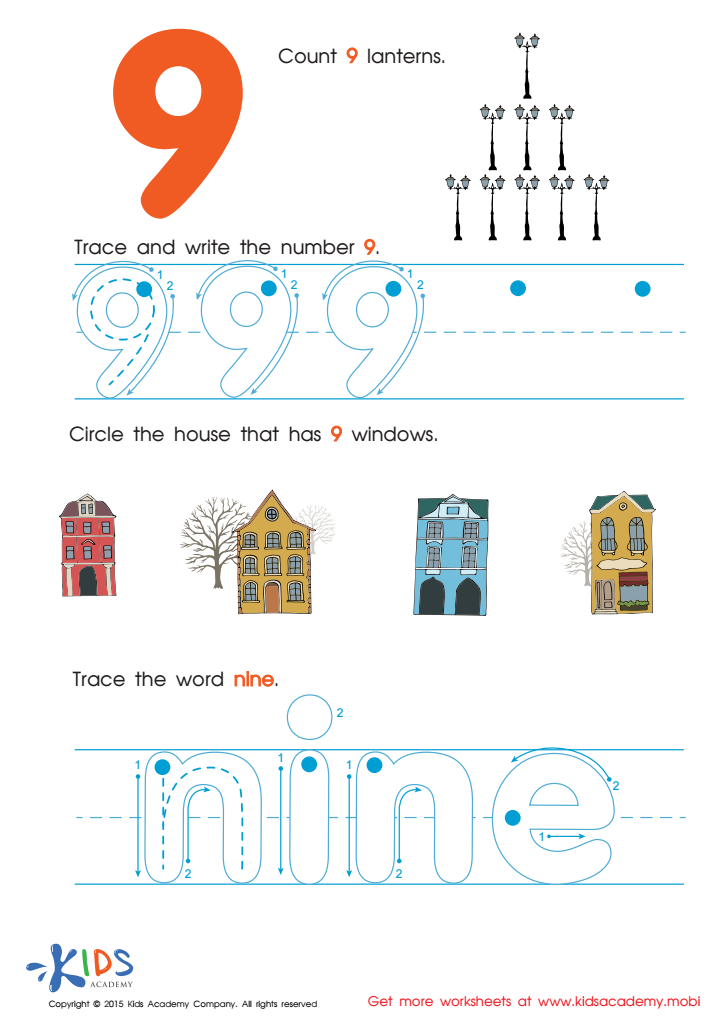

Tracing And Learning to Write Number 9 Worksheet
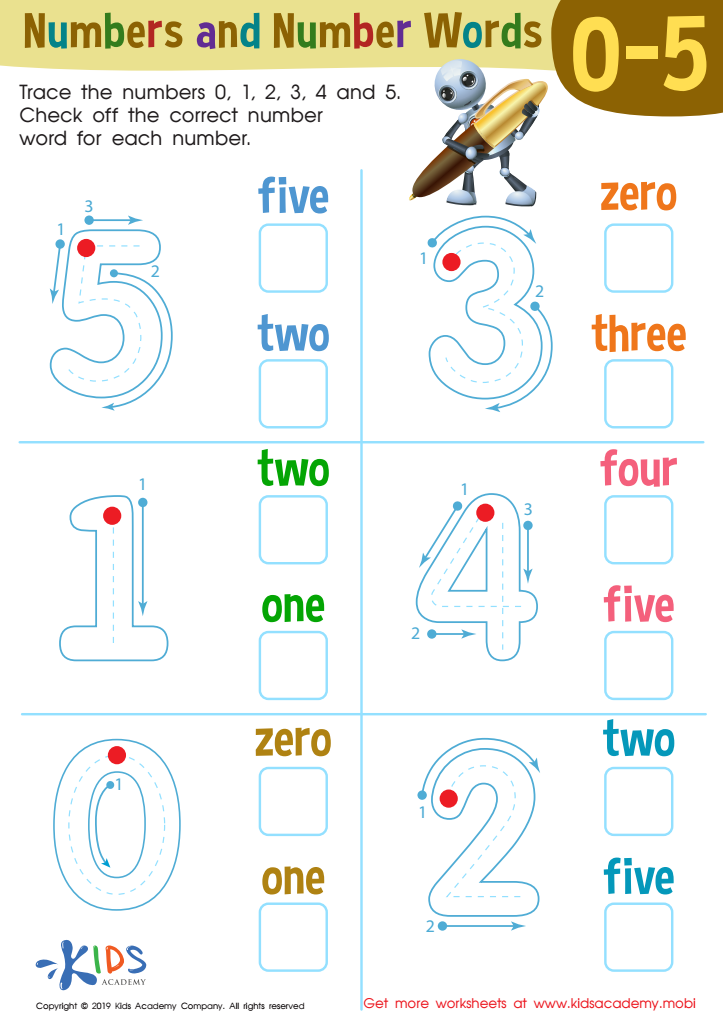

Numbers and Number Words Worksheet
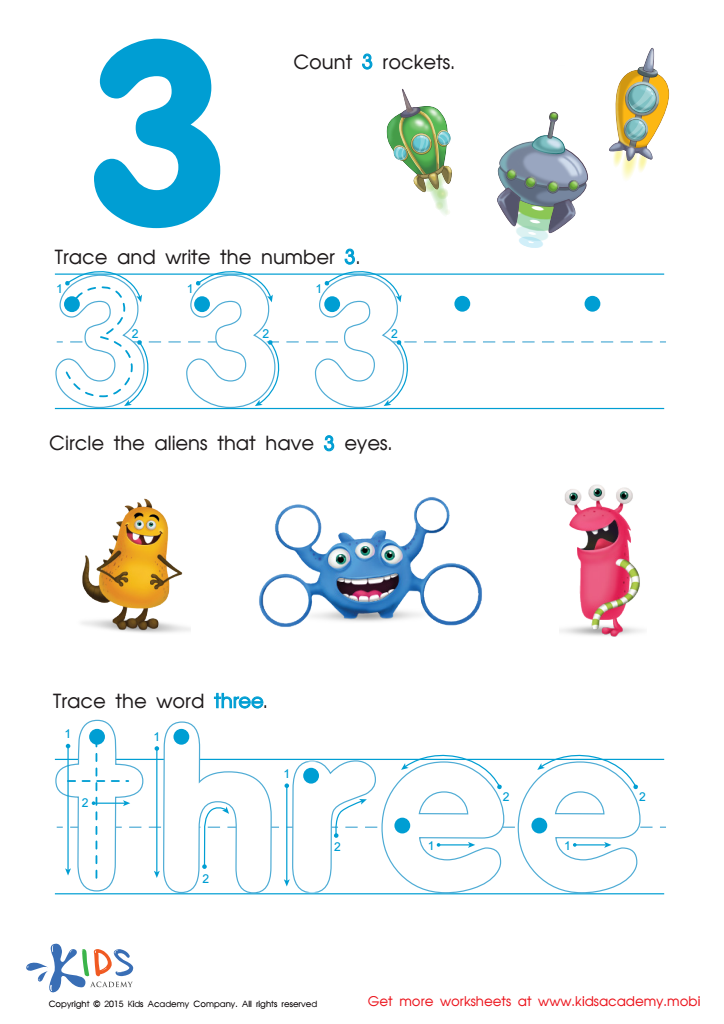

Learning Number Three Worksheet
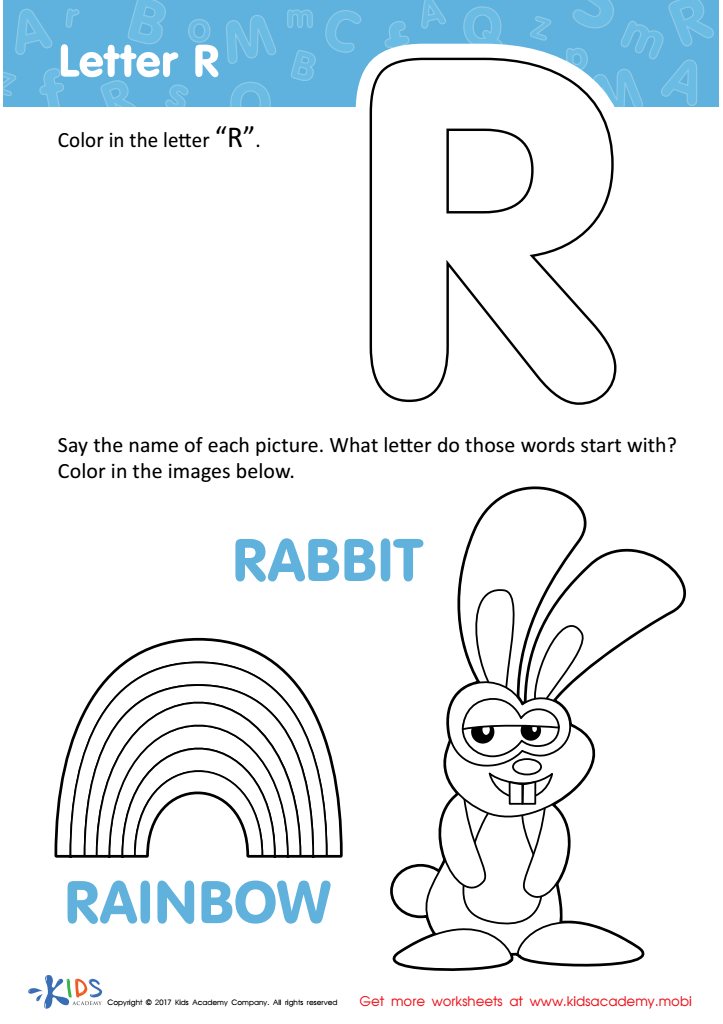

Letter R Coloring Sheet
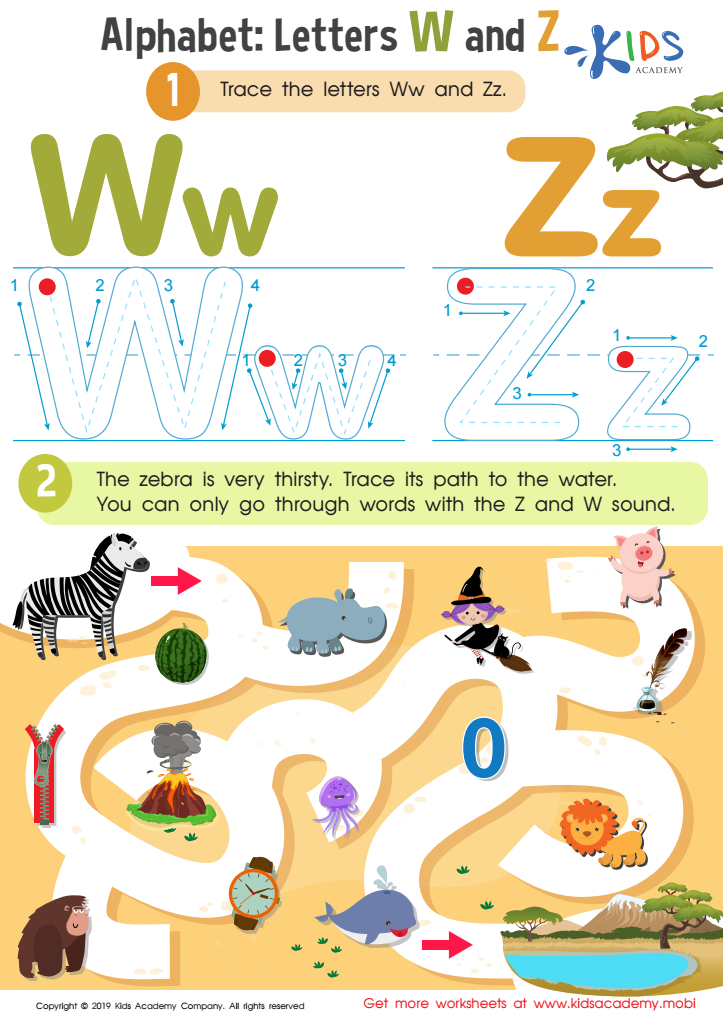

Letters W and Z Tracing Worksheet
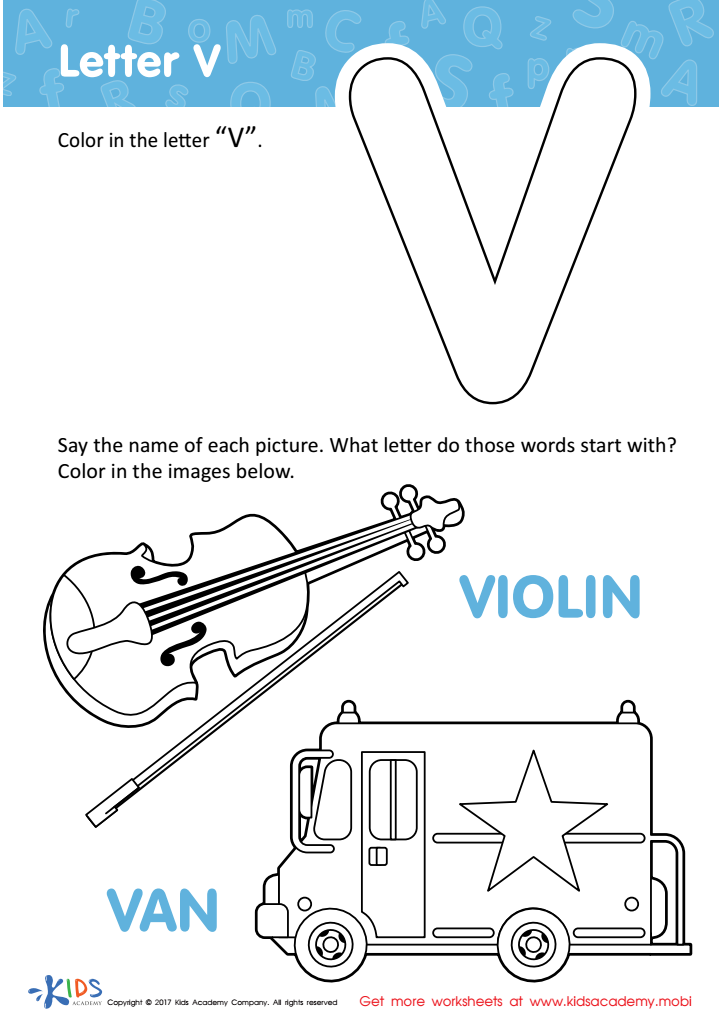

Letter V Coloring Sheet
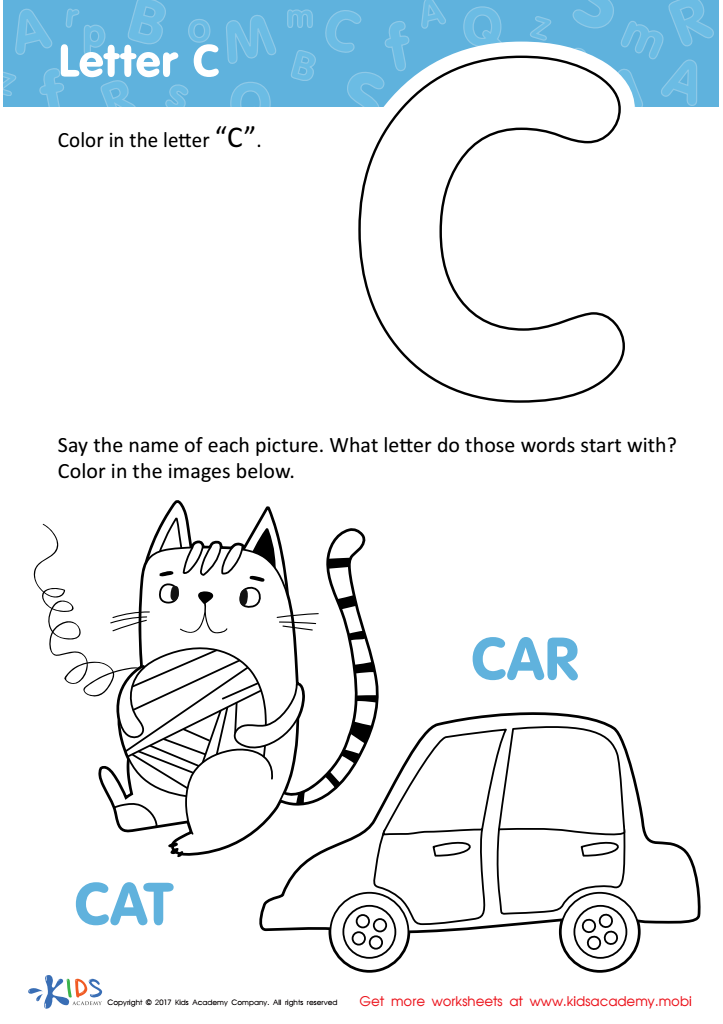

Letter C Coloring Sheet
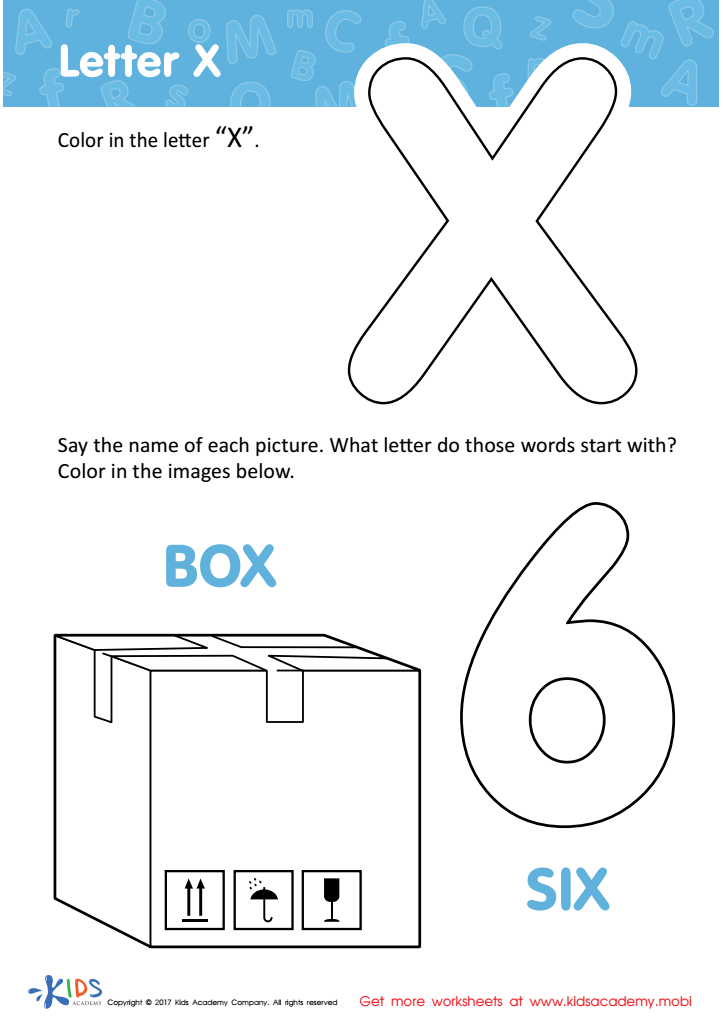

Letter X Coloring Sheet
Writing practice in English for beginners aged 5-9 is crucial for several key reasons. Firstly, early writing skills form the foundation for future academic success. Learning to write helps children consolidate their understanding of the alphabet, phonics, and sentence structure. As they practice, they become more familiar with letter shapes and sounds, effectively improving their reading skills as well.
Moreover, writing enables children to enhance their fine motor skills and hand-eye coordination, which is vital for their overall physical development. Regular writing practice helps children create stronger synaptic connections in the brain, fostering cognitive development and critical thinking.
From a communicative standpoint, writing allows children to express their thoughts, emotions, and imaginations more freely. This self-expression is essential for emotional development and enhances self-esteem. It also serves as a medium for children to communicate their ideas more clearly and effectively, a vital skill both in school and in everyday life.
Involving parents can also turn writing practice into a family bonding activity. It encourages positive learning habits from an early age, showing children that their academic growth is important and valued. Teachers, on the other hand, can tailor their instructional methods to meet each child’s unique needs, fostering an inclusive and supportive learning environment. Therefore, prioritizing writing practice for young children is an investment in their overall development and future success.
 Assign to My Students
Assign to My Students









